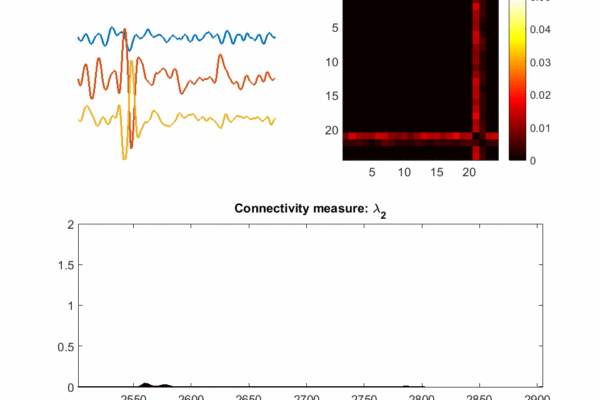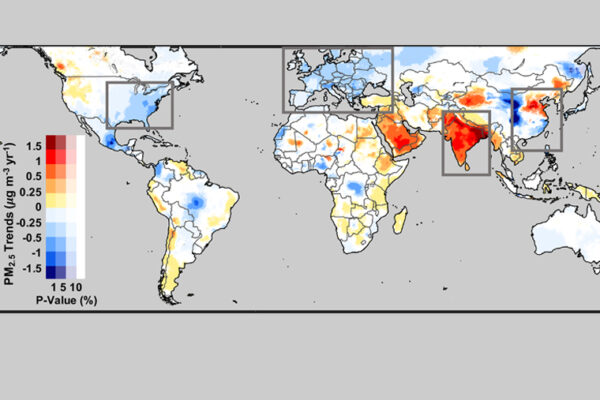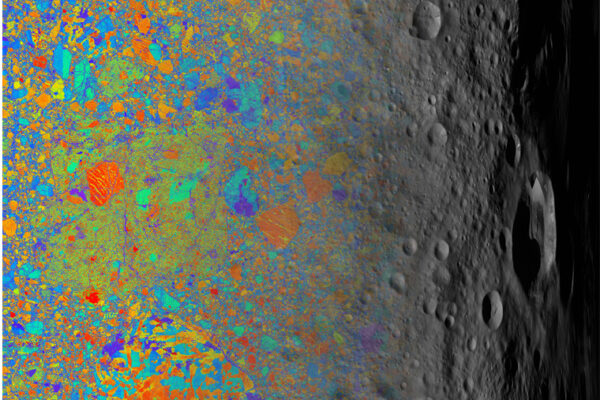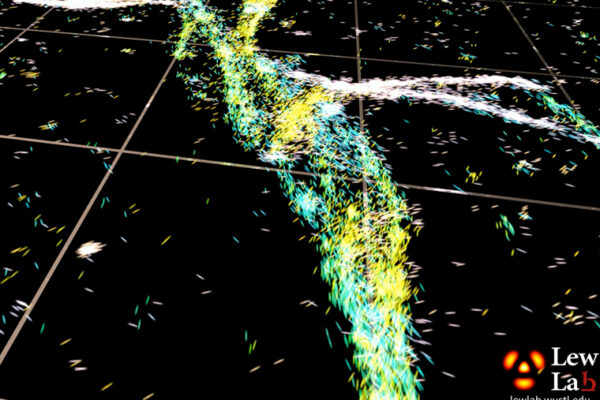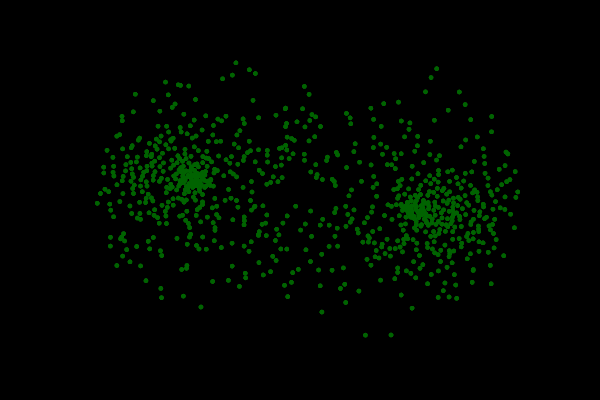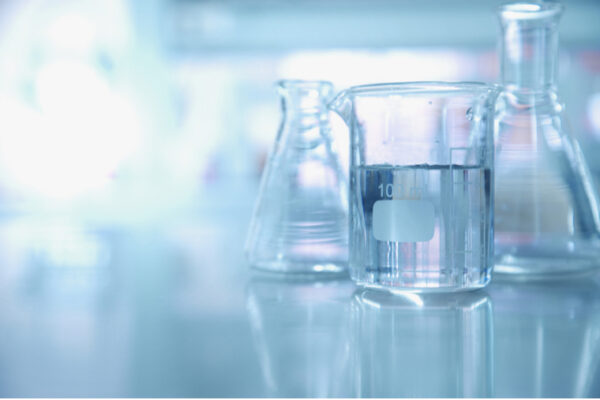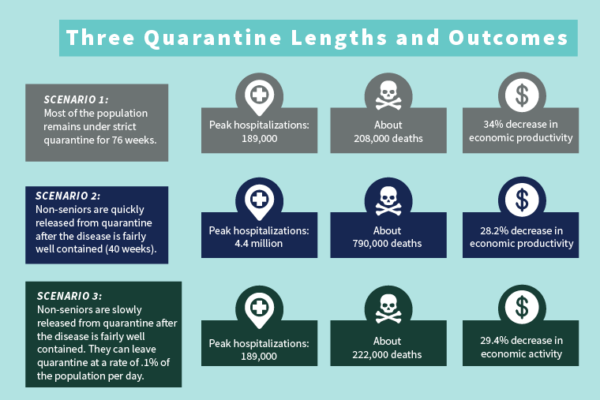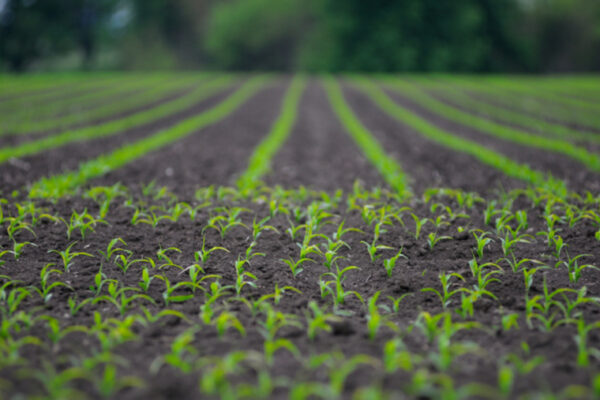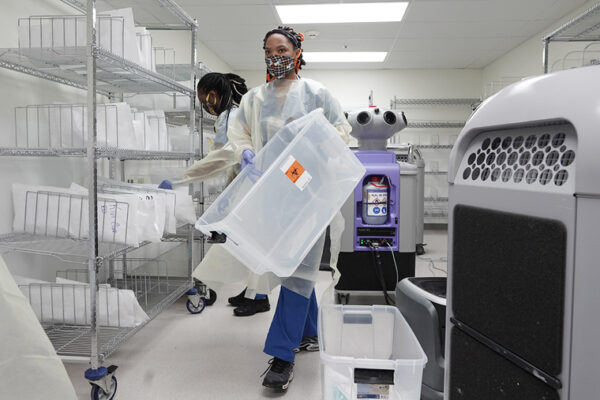Artificial intelligence identifies, locates seizures in real-time
Research from the McKelvey School of Engineering at Washington University in St. Louis has shown that understanding brain activity as a network instead of readings from an EEG allow for more accurate and efficient detection of seizures in real-time.
Mapping pollution across the globe
Using recent satellite observations, ground monitoring and computational modeling, researchers at the McKelvey School of Engineering at Washington University in St. Louis have released a survey of global pollution rates. There are a couple of surprises, for worse, but also, for better.
Obituary: Denise Saim, longtime engineering staff member, 64
Denise Saim, a 27-year employee at the McKelvey School of Engineering, died suddenly May 26, 2020, at her home of an apparent heart attack. She was 64.
Ancient micrometeoroids carried specks of stardust, water to asteroid 4 Vesta
Researchers at Washington University in St. Louis are the first to study presolar materials that landed on a planet-like body. Their findings may help solve the mystery: where did all the water on Earth come from?
New microscopy method provides unprecedented look at amyloid protein structure
A new technique developed in the lab of Matthew Lew at the McKelvey School of Engineering at Washington University in St. Louis measures the orientation of single molecules. It is enabling, for the first time, optical microscopy to reveal nanoscale details about the structures of these problematic proteins.
Silicon ‘neurons’ may add a new dimension to computer processors
Research from the McKelvey School of Engineering shows that energy constraints on a system, coupled with an intrinsic property of systems, push silicon neurons to create a dynamic, at-a-distance communication that is more robust and efficient than traditional computer processors. And it may teach us something about biological brains.
Aluminum may affect lead levels in drinking water
Until recently, researchers have not inspected the interplay between three common chemicals found in drinking water. Research from the McKelvey School of Engineering at Washington University in St. Louis has found they all affect each other and a closer look is needed.
Model predicts economic, public health repercussions of lifting quarantine
An interdisciplinary team at Washington University in St. Louis used computer modeling from different domains to look at how the United States might best lift quarantine — without a harsh blow to public health or the economy.
New method for measuring RNAi pesticide in soil
Researchers at Washington University in St. Louis have developed an extraction and cleanup method that, for the first time, will allow for measurements of RNAi pesticides in soil.
Maker Task Force works to protect front-line health-care workers
The COVID-19 WashU/BJC Maker Task Force has emerged as a central hub for St. Louis-area makers to help people in health-care settings stay safe as they care for patients during the COVID-19 pandemic. The multidisciplinary group is working to develop everything from isolation gowns to ventilator replacement parts.
View More Stories
